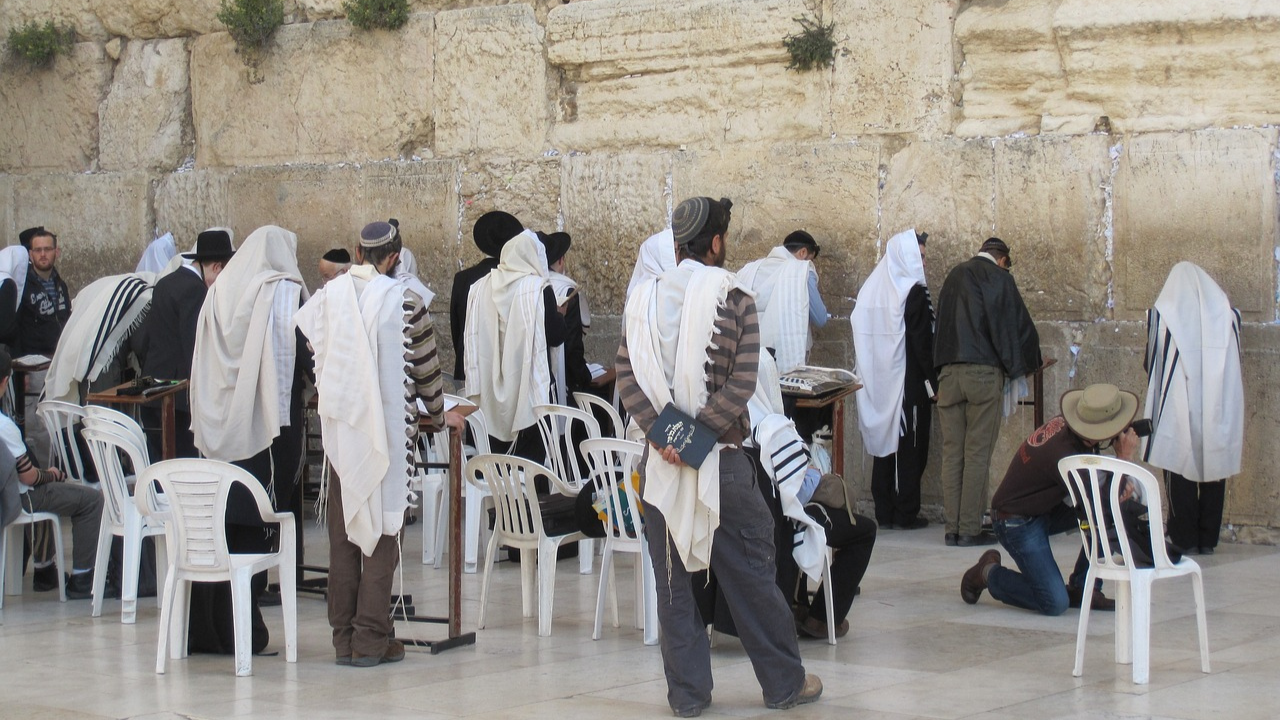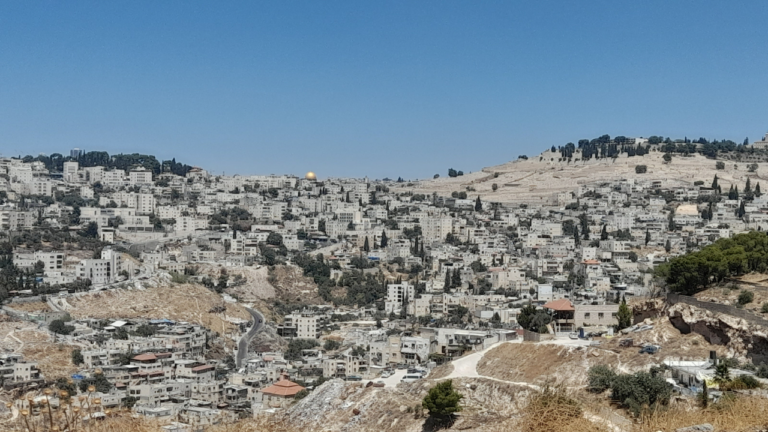Bring Comfort to Zion and Jerusalem
המקום ינחם אתכם בתוך שאר אבלי ציון וירושלים
May the Omnipresent comfort you among the rest of the mourners of Zion and Jerusalem.
This is the famous traditional tefillah recited by Jews seeking to comfort those who are in aveilut (which is being uttered with tragically high frequency of late, Rachmana litzlan). The phrase is shrouded in mystery. Why are we associating the comfort of mourners with the rebuilding of Jerusalem? Additionally, we seem to refer to the same city with two different names. Hazal note in several places (e.g. Bamidbar Rabba 14:12) that Jerusalem actually possesses 70 names. But the two most prominent names used throughout Tanakh and Hazal by far are the two names mentioned in the prayer of HaMakom, Tzion and Yerushalayim. Why do we mention both Zion and Jerusalem?
Rav Tzadok HaKohen mi’Lublin notes in several places that if one seeks to determine the true meaning of a word, he must analyze the first place that it is mentioned in Tanakh. The essence of a word can be determined based on its first use in the Torah. The word Tzion first appears when David HaMelekh becomes king over the tribes of Israel and ascends to conquer Jerusalem from the Yevusim (Shmuel Bet chapter 5). Given the Yevusim’s confident taunting of David, it seems that the city was heavily fortified. In fact, the pesukim in Yehoshua and Shoftim describe how the tribes of Yehudah and Binyamin were incapable of conquering Jerusalem earlier in the conquest of Eretz Yisrael.
The pasuk tells us that David successfully conquered the fortress of Tzion which became Ir David, the city of David. He then expanded on the city’s fortifications. The Navi describes that David’s stature as king progressively grew with his conquering and strengthening of Jerusalem. Hiram, king of Tzur, begins to send David gifts, reflecting David’s impressive status and his recognition on the international scene.
Based off this introduction to the word Tzion, we can perhaps suggest that the name Zion relates to Jerusalem’s physical dominance. The fortifications of the city, making it a (seemingly) impenetrable metropolis, are described as Tzion. It is not a coincidence that David HaMelekh’s prowess and supremacy grow as he physically expands Tzion; the city embodies his power and success in this world.
In contrast, the name Yerushalayim comes from the city’s status as the spiritual capital of the entire world. As noted by the Midrash (Bereishit Rabba 26:10), this name is a composite of the two titles bestowed upon Jerusalem by Shem and Avraham Avinu. These two pious men saw the city for what she truly was: the spiritual gateway to higher realms in which God will draw close those who seek Him through prayer and sacrifice. It is the perfect place for God’s presence to rest in this physical world (see Rashi to Bereishit 22:14). Rav Kook tz’l beautifully and succinctly captured this idea: the name Tzion connotes the body of Jerusalem, while the name Yerushalayim connotes the soul of Jerusalem.
When we mourn the loss of an infinitely precious Jew, we view it as a tragedy of national proportions. We recognize the indispensable role of every individual in the greater cosmic destiny of Klal Yisrael. This is why the individual loss intertwines with the pain of a nation missing the full expression of its physical and spiritual capital. We fervently pray for the full physical restoration of Jerusalem under the command of David’s descendants, and for her to reclaim her status as the divine center of the world with the temple built in her midst.
DOWNLOAD/PRINT



